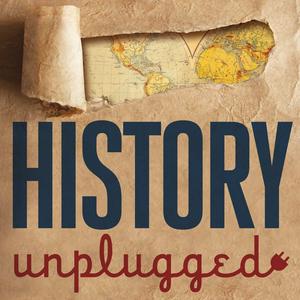America’s revolutionary war would have almost certainly been lost if not for the colony’s wealthiest merchant. Thomas Willing was a prominent Philadelphia merchant and financier who, in partnership with Robert Morris, operated one of the colonies' most successful importing and exporting firms, specializing in goods such as flour, lumber, tobacco, and sugar, while later using his wealth and mercantile connections to supply the Continental Army during the Revolutionary War.
After the War, he brought sanity to the unstable early American economy. America was suffocating under a massive, unmanageable national debt owed to foreign lenders, domestic soldiers, and creditors, and lacking the power to tax effectively under the Articles of Confederation. The currency situation was disastrous, with various state-issued paper monies having depreciated drastically—leading to inflation and a widespread lack of confidence in the financial stability of the new republic. Thomas Willing stabilized the nascent American economy by serving as the first president of both the Bank of North America and the First Bank of the United States, where his conservative fiscal leadership established the nation’s credit and transformed the central bank into the "great regulating wheel" of the country's financial system.
Today’s guest is Richard Vague, author of “The Banker Who Made America: Thomas Willing and the Rise of the American Financial Aristocracy.” We discuss how Willing bankrolled–and in the process helped save–the American Revolution, and then shaped the financial architecture of our young Republic. So powerful was Willing that President John Adams complained that George Washington and Alexander Hamilton were governed by him.
See omnystudio.com/listener for privacy information.


